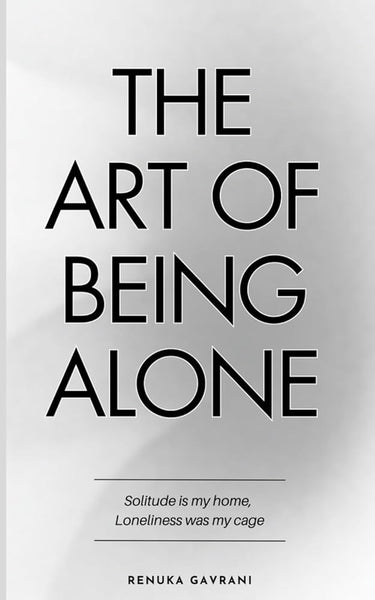Orientalism Western Conceptions Of The Orient by Edward W Said
- Publisher: HISTORY
- Availability: In Stock
- SKU: 43783
- Number of Pages: 396
Rs.400.00
Rs.590.00
Tags: academic classics , Asian studies , best books , Best Price , Best Selling Books , colonial discourse , colonial history , cultural criticism , cultural representation , cultural studies , East and West , Edward W Said , history of ideas , humanities reading , identity and culture , imperialism , Middle East studies , modern critical theory , Online Bookshop , Orientalism , philosophy of culture , postcolonial studies , power and knowledge , social sciences books , sociology of knowledge , stereotypes of the Orient , Third World studies , Western ideology , Western literature analysis , Western views of the East , world civilizations
📕 Title Name: Orientalism: Western Conceptions of the Orient
✍️ Author: Edward W. Said
📦 Quality: A5 Local Print
🔹 Introduction:
Orientalism by Edward W. Said is a landmark work in cultural and literary criticism that examines how the West has historically perceived, represented, and dominated the East. The book exposes the intellectual framework through which Western scholars, writers, and political institutions constructed the “Orient” as exotic, backward, and inferior—often to justify colonial power and control.
🔑 Key Points:
-
Explains the concept of Orientalism as a system of thought shaping Western views of the East.
-
Critically analyzes Western literature, art, and academic studies about Asia and the Middle East.
-
Shows how knowledge and power are interconnected in colonial and imperial contexts.
-
Highlights stereotypes and misrepresentations imposed on Eastern societies.
-
Influenced modern fields like postcolonial studies, cultural theory, and global politics.
🧠 Conclusion:
Edward W. Said’s Orientalism challenges readers to rethink accepted narratives about Eastern cultures. It remains a foundational text for understanding colonial discourse, cultural bias, and the politics of representation, making it essential reading for students of literature, history, and social sciences.


























